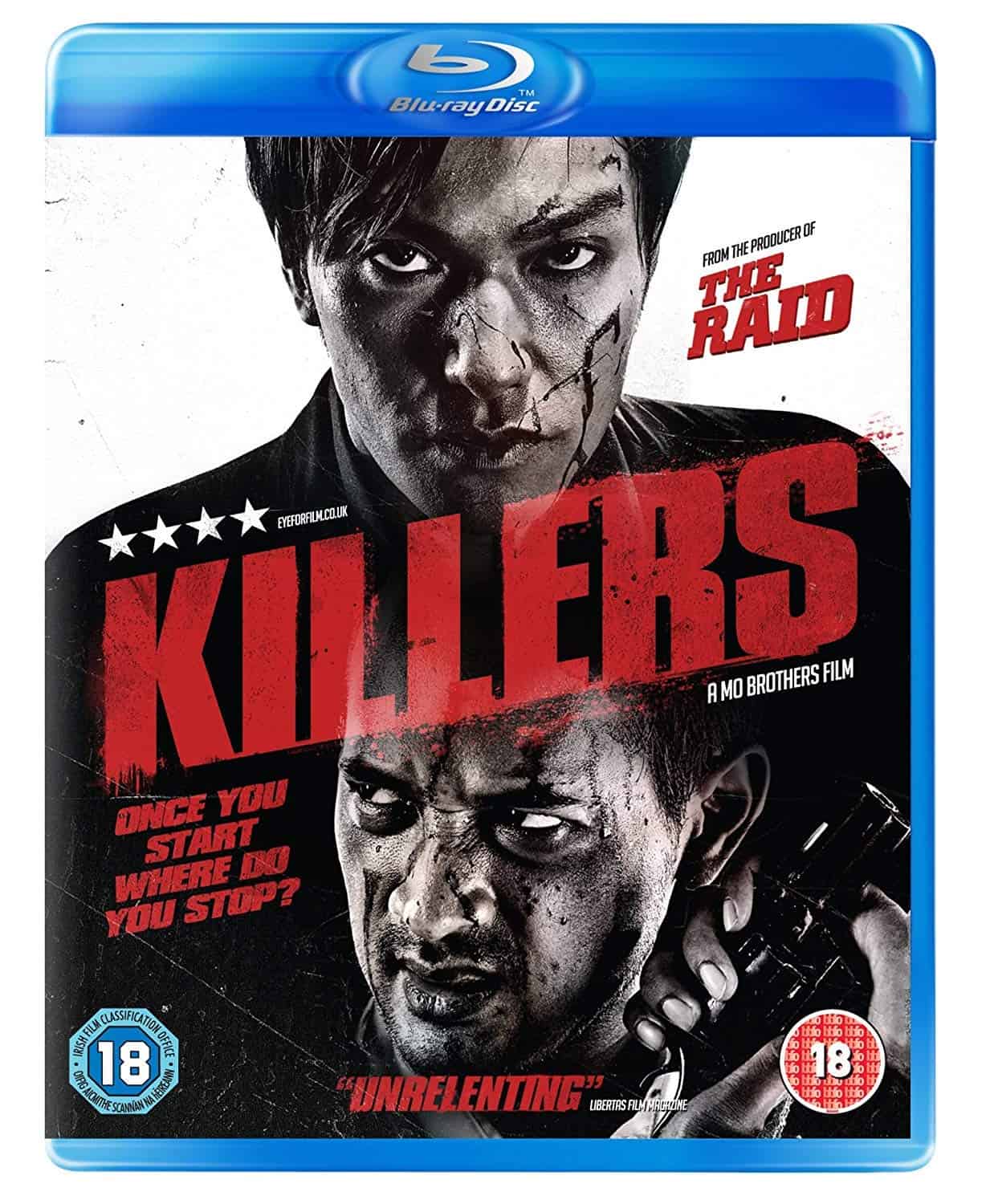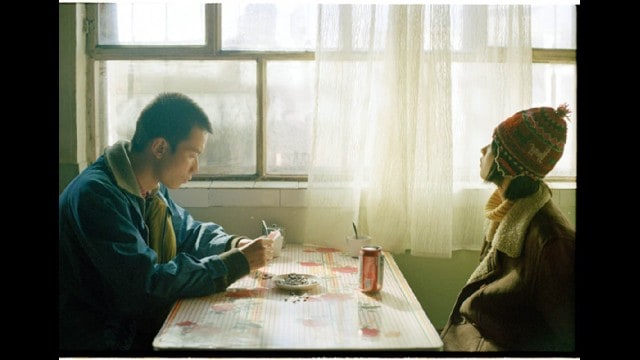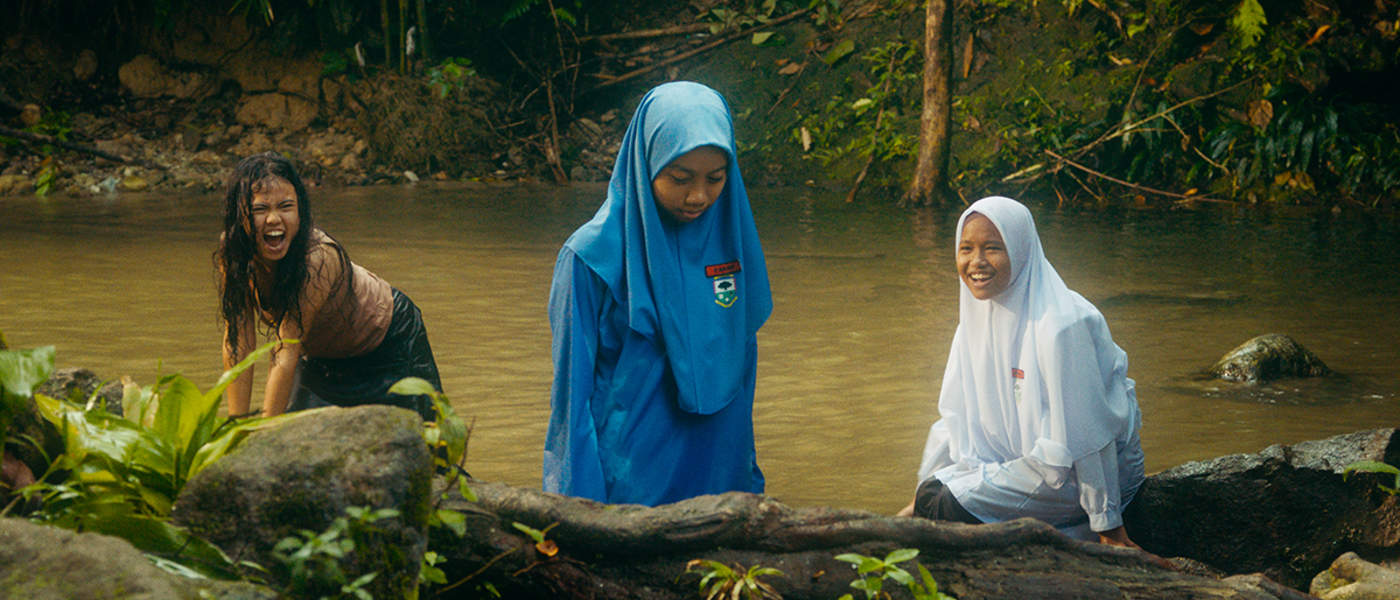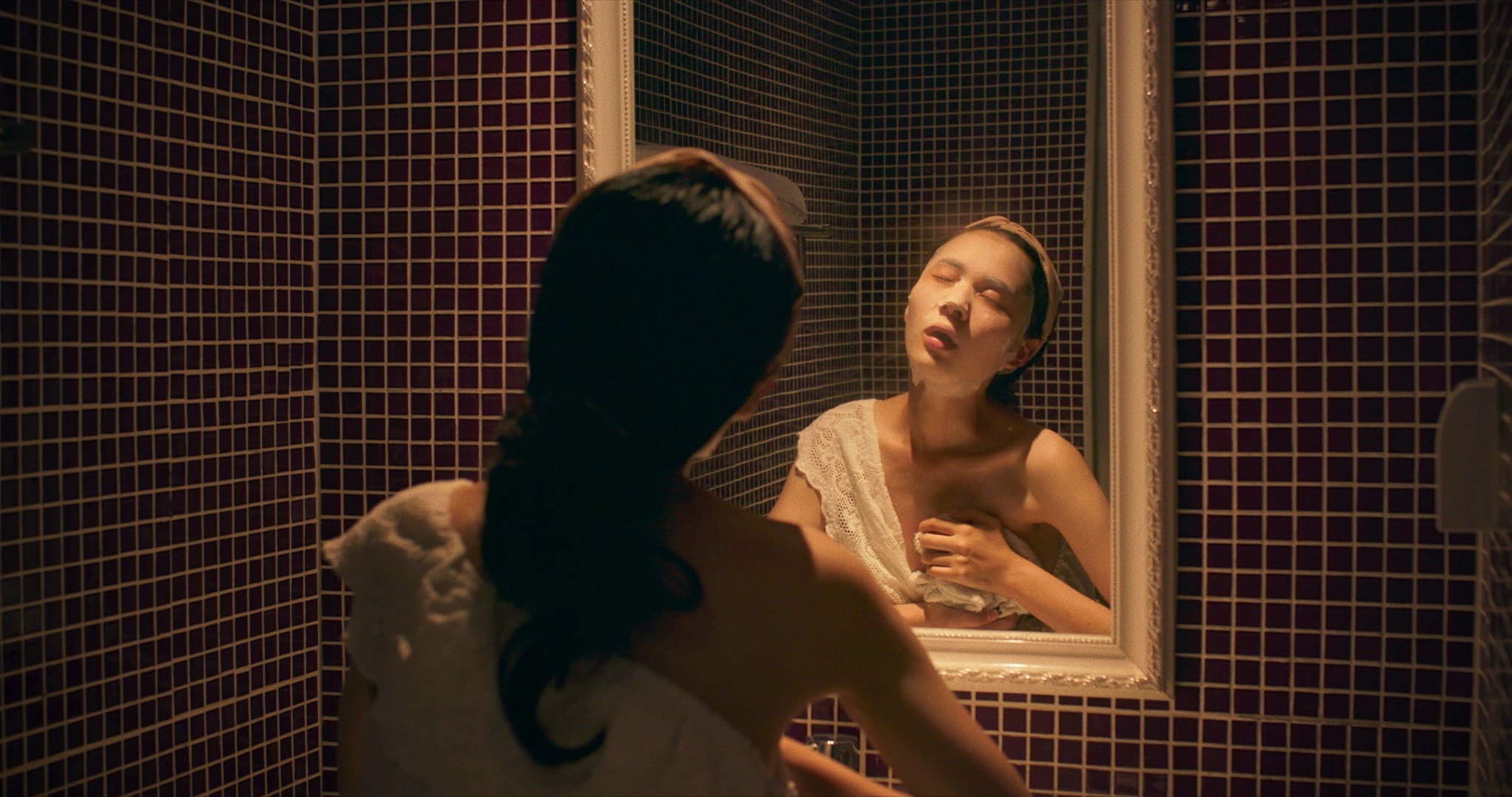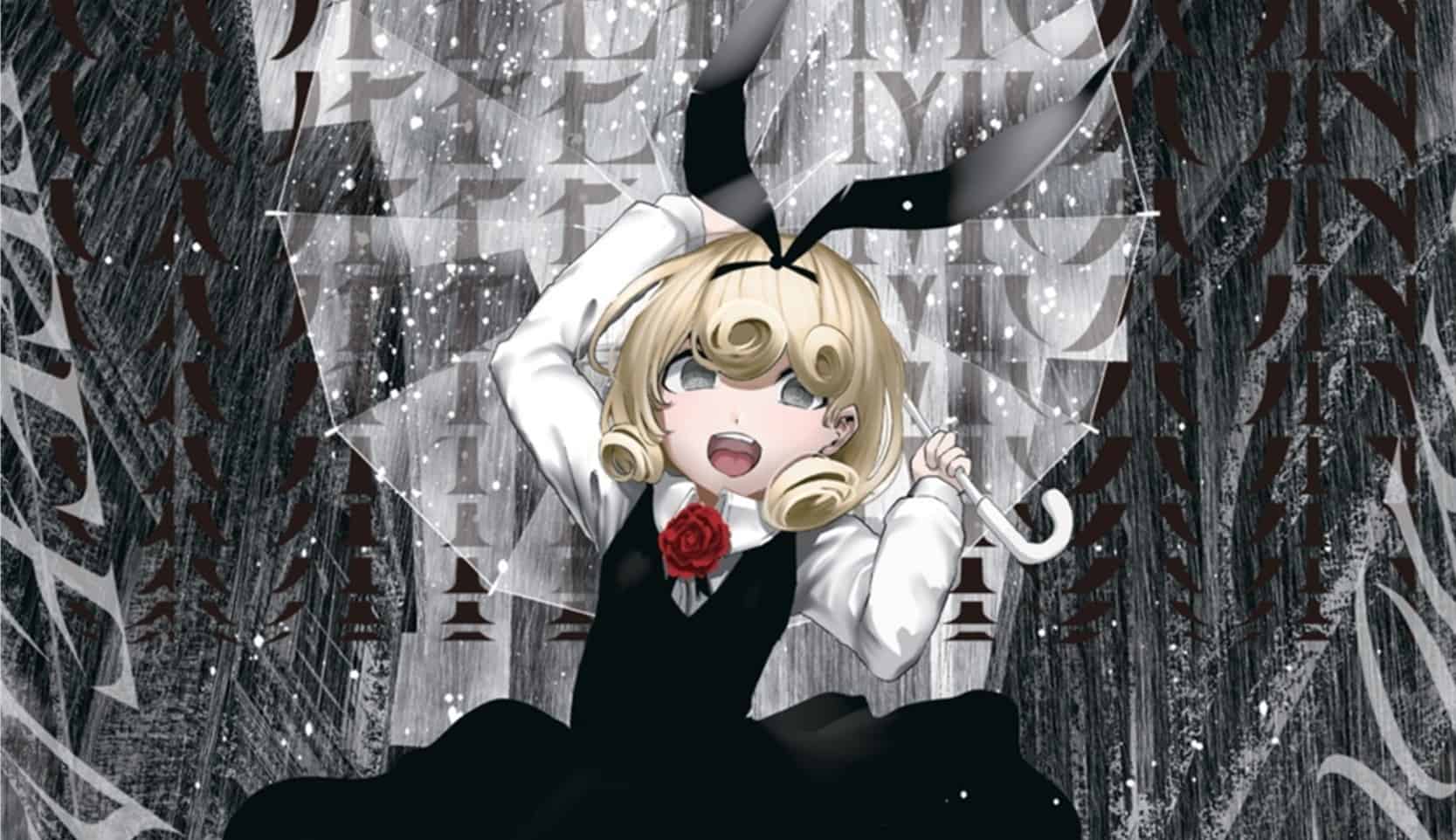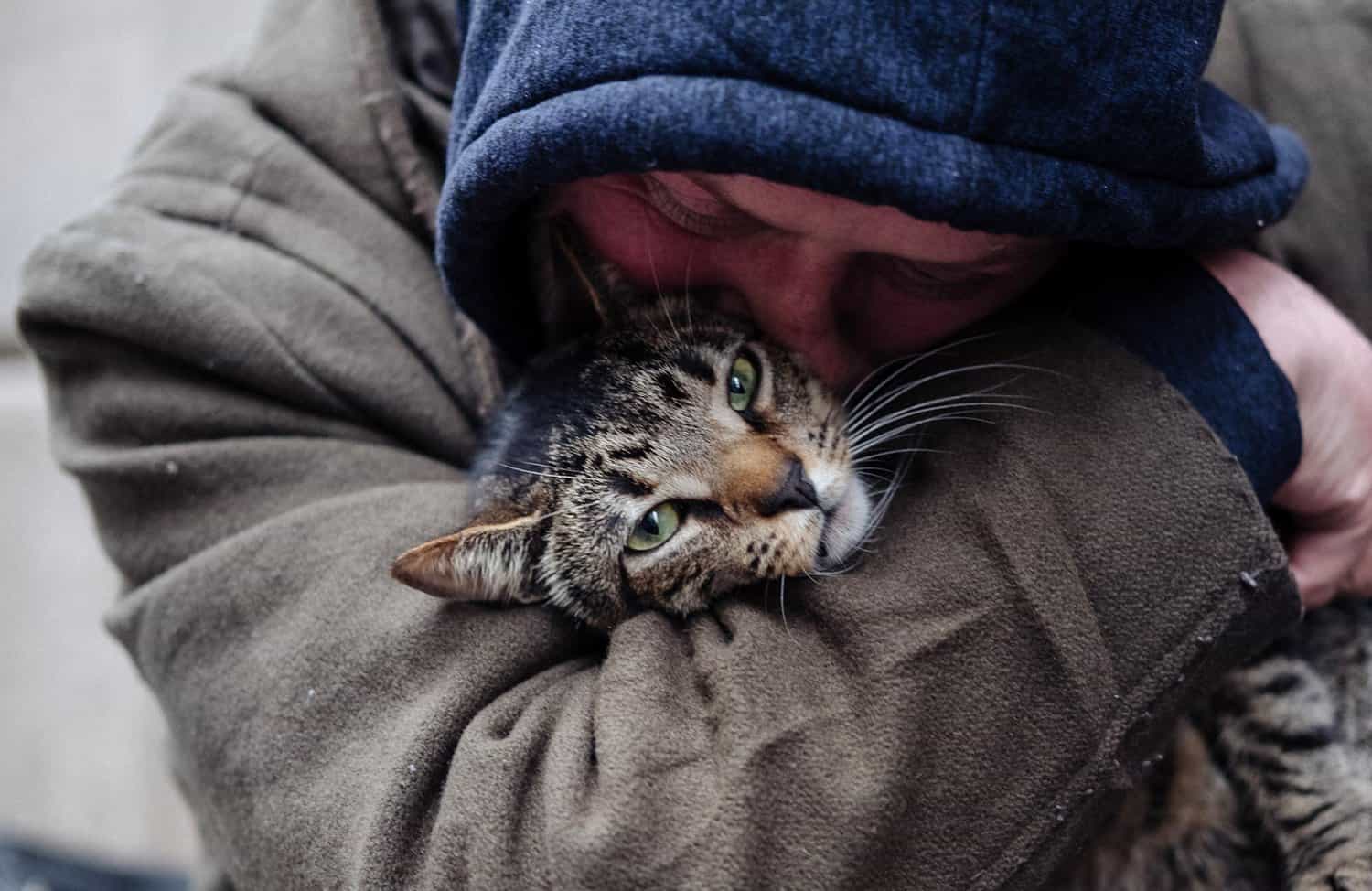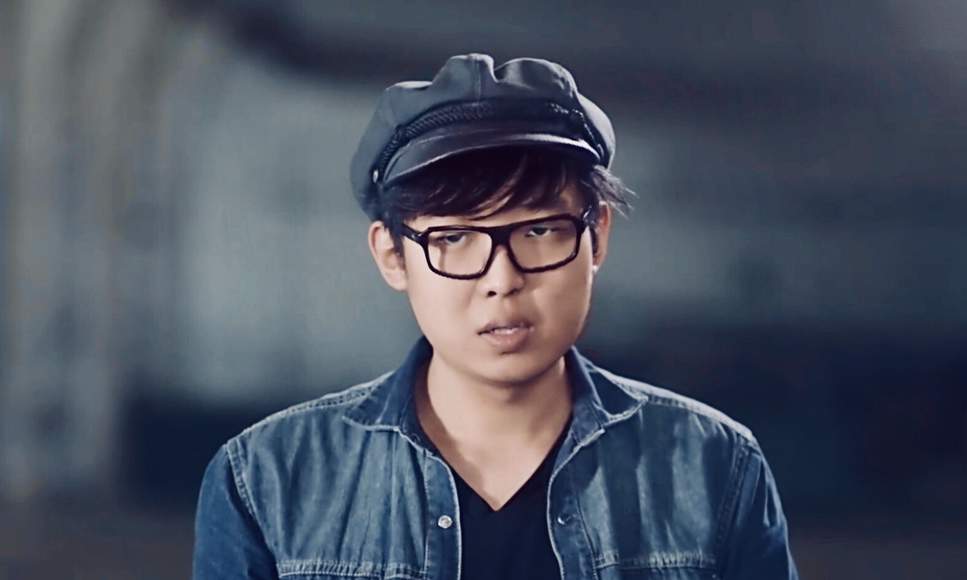Mo Brothers took a radical turn in their career after their first film, “Macabre,” which was a low-budget slasher, with “Killers,” an Indonesian-Japanese co-production with a big budget that resulted in a stylized thriller.
The story takes place at two places at the same time. In Japan, Nomura Shohei is a seemingly charming executive with a very dark side. His “hobby” is to capture, torture, and record women in his house, on videos he later uploads on the Internet. As he roams the streets in his car one night, he witnesses a young woman, Hisae, trying to kill her autistic brother by throwing him in front of a passing car, regretting the last moment. Feeling strangely connected to this woman, Nomura visits her florist's and strikes a relationship with both her and her brother. In Indonesia, Bayu Aditya is a journalist based in Jakarta, whose career and marriage is in shambles after, relentlessly, and unsuccessfully, pursuing a corruption case, involving a politician named Dharma. He also harbors a dark side, since he is a frequent viewer of Nomura's videos. One night, as he is assaulted by a taxi driver and his partner, he accidentally kills them both, and the murderer hiding inside him comes to the surface. He quickly becomes “friends” with Nomura, with the two of them exchanging videos over the internet. His relationship, however, with his daughter and ex-wife worsens, as he once again turns against Dharma.
Mo Brothers (with the help of Takuji Ushiyama in the script) present a film where the dominant factor is antithesis. The antithesis between the experienced Shohei and the newcomer Bayu, which is exemplified by their characters, their reasons, their methods, and the final showdown. The antithesis between the stylized and minimalistic environment in Japan and the “dirty” one in Jakarta, an element that becomes obvious even in the clothes the two protagonists wear. The antithesis between image and music, since the majority of the grotesque scenes feature Aria Prayogi's calming music as we watch people being tortured. The antithesis in images, which is exemplified in the scene where Shohei is actually eating one of his victims, in a table where a very beautiful white flower is dominating the shot. Lastly, the antithesis between Mo Brothers' previous work, a no-nonsense splatter, and this one, which analyzes the main characters quite deeply and offers a psychological background to their extreme actions.
Check also this interview
There are some flaws, however, with the script. The first one is that the writers tried to include too many themes and notions in the film, which actually delay the flow of the story, making the movie appearing like is lagging on purpose. This is chiefly evident in the scene in Shohei's house with Hisae, and in the final one. This tendency resulted in a film that is much more lengthy than it should be, since it stretches for 137 minutes. Furthermore, there are some hyperbolic, to the point of illogical, scenes, as the one where Bayu escapes from a hotel, and the same applies to the whole concept of the ending, although the final shot compensates for a large part..
Rin Takanashi as Hisae and Luna Maya as Dina, Bayu's wife, make very nice additions to the film, due to their distinct beauty, but the ones that actually steal the show are the two protagonists. Kazuki Kitamura is magnificent as Shohei, a disillusioned psychopath, in a role that benefits both from his acting and his general appearance, that make him appear as a Japanese edition of Patrick Bateman, the protagonist of “American Psycho.” Oka Antara is also great as Bayu, a man tortured by his failures, who struggles with the two opposing sides of his character: the violent one, which appears in front of his enemies, and the tender one, which appears in front of his wife and daughter. Epy Kusnadar is a definite cult addition as a despicable lawyer named Robert, while Denden and Motoki Fukami also make a brief appearance.
Nevertheless, this is not a psychological thriller, but a fast-paced, violent, and bloody one, and in this aspect, Mo Brothers prove their abilities. With the help of Gunnar Nimpuno's cinematography and Arfin Marhan Japrin's editing, they present a number of impressive violent scenes that manage to appear stylistically artful and grotesque at the same time. The large budget (especially when compared with “Macabre”) helped them in this accomplishment, which is exemplified particularly in two scenes. The one with Bayu in the taxi, where the camera stays inside the vehicle as the fighting ensues, retaining a highly claustrophobic feeling; the one in the club, where Shohei assaults a man who has previously beaten him, among loud music and intense lights. Lastly, the scene with the cops that follows is a sample of the scriptwriters' subtle sense of irony.
“Killers” has its faults, and it would definitely be a better film if it were shorter. It proves, however, that Mo Brothers are more than just exploitation filmmakers, and that the future holds great things for them, which I personally think that they will be revealed in their next film, “Headshot”, with Iko Uwais.



